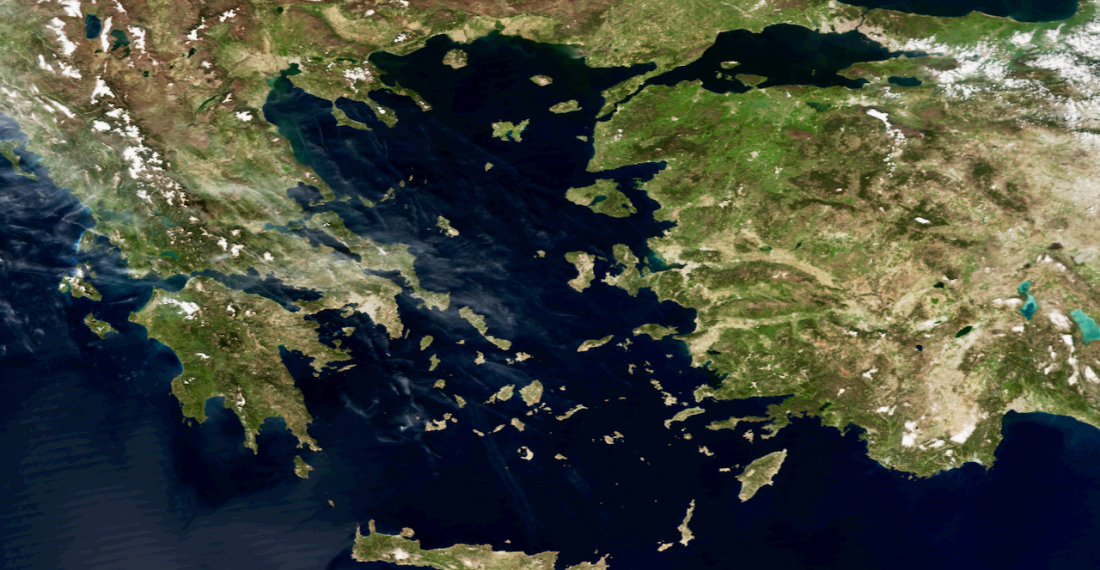Türkiye's Foreign Minister Mevlüt Çavuşoğlu has warned Greece on Tuesday (6 December) to stop militarizing the Aegean islands, or Ankara “will take the necessary steps on the ground.” He said Türkiye had sent a letter to the United Nations in July 2021 laying out its arguments against Athens, which he said had violated the agreements of Lausanne and Paris. Greece denied these accusations, saying it has not provoked its neighbour nor amassed a large landing fleet on its shores.
“Either Greece takes a step back and abides by the agreements, or we do what is necessary”, Turkish Foreign Minister said during a joint press conference with his Romanian counterpart Bogdan Aurescu in Ankara.
Furthermore, Çavuşoğlu said, “if Athens does not want peace, Ankara will do whatever is necessary.
Despite being NATO allies, the two countries have been at odds for decades over a number of bilateral disputes, including maritime boundaries, overlapping claims to their continental shelves, and the long-running Cyprus dispute. Earlier this year, Greece says that Europe risks "another Ukraine situation" if it doesn't put an end to "Turkey's inflammatory rhetoric" toward Athens.






